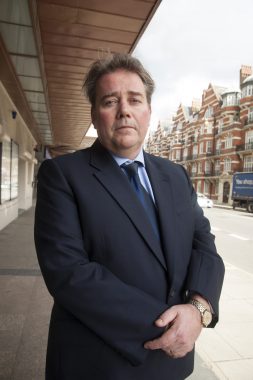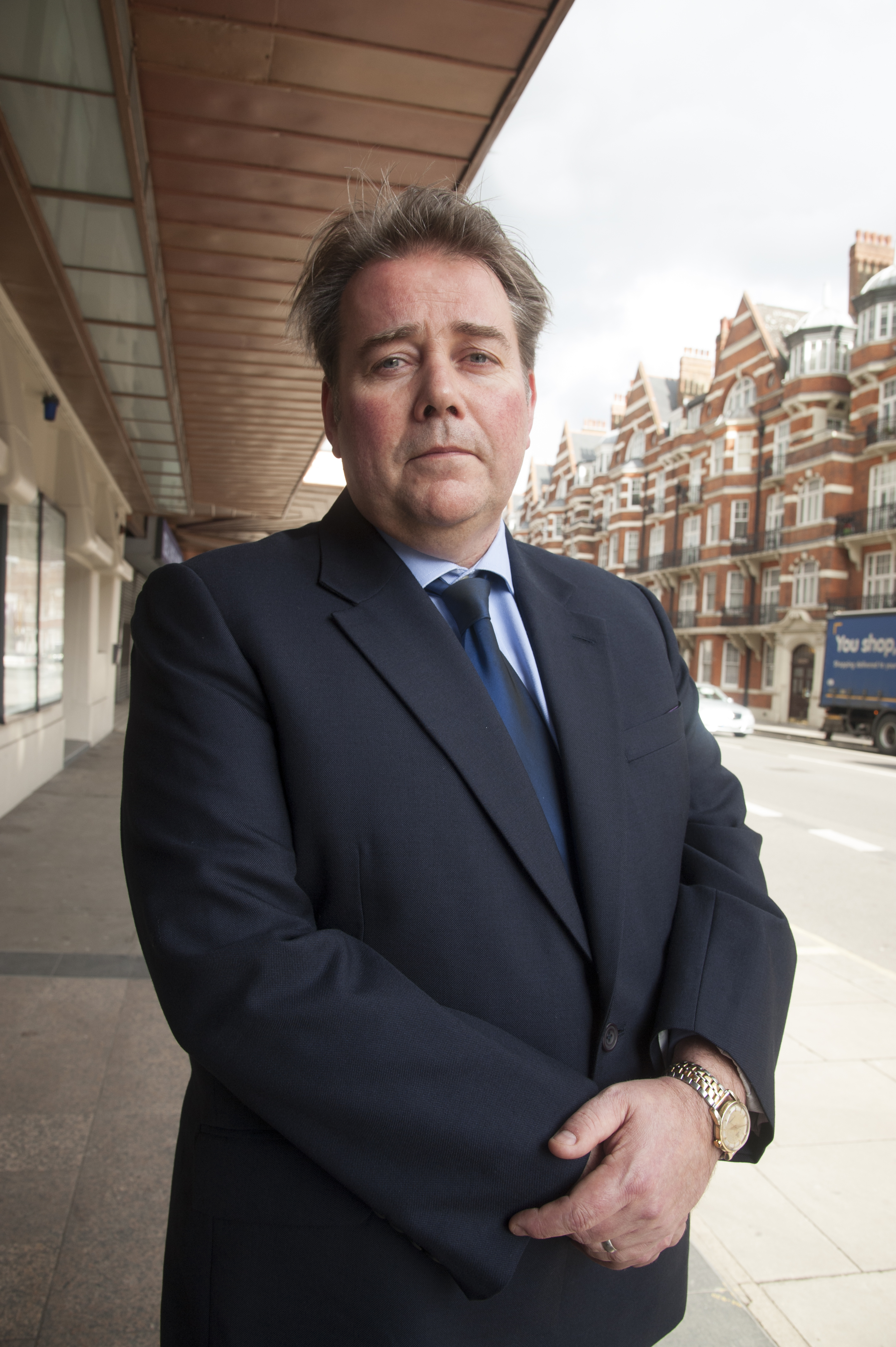‘I didn’t anticipate the degree of outcry’ – Part two of our Charlie Massey interview


Charley Massey Head shot
Nigel Praities: Something that affects everyone in this room is revalidation. Can you give me any evidence that revalidation improves patient care?
Charlie Massey: Well we asked Sir Keith Pearson to do an independent review into revalidation which reported just about a year ago, and it was really important to me that we did. Sir Keith said it’s early days, but it is bedding down well. When I first arrived in the world of health about eight years ago, I was quite alarmed to discover that fewer than half of the overall doctor workforce had an annual appraisal. We are in a very different place now where about 85% of GPs have had an annual appraisal in the last year.
Doctors have told an independent research group that they have been reflecting as part of that process, which has led to changing their practice, and one has to assume those changes are ones that lead to benefits in patients’ safety.
So you’re assuming it?
Well, I don’t know if your argument is that reflection and appraisal isn’t a good thing… I think one of the bug-bears that I’ve heard from many doctors has been this feels like an incredibly burdensome and bureaucratic process, and on the back of the Keith Pearson report there are a range of different actions we’ve been taking with partners.
The GMC has a locus to think about and care about the mental health of doctors
One of those is to reduce the burden. A lot of the things that people will describe as burdensome and bureaucratic are actually borne out of what local employers are deciding in terms of adding bells and whistles.
The bulk of doctors are saying that having gone through the annual appraisal process, it is leading to beneficial reflection, and is something that one should impute being beneficial to the patients.
Audience question: I was interested to know what your thoughts and speculations are why black and minority ethnic doctors are over represented in GMC investigations and secondly, what, if anything, does the GMC do to support BME interests?
That’s a really important question. I spent my very first day as GMC chief executive in the BME doctor’s forum – it’s a really important issue for me. The big problem we face is the massive over-representation of BME doctors in what comes in through our front door. I have been very worried that what comes out our back door suggests that there is an over-representation of BME doctors, that’s why we audit our processes all the time to make sure that they’re not discriminatory, and they’ve always been found to be absolutely above board. The chief executive of the Professional Standards Authority said that the GMC was exemplary in the way in which it runs its process.
Charly Massey
So the question for me is therefore what is driving the over-representation of BME doctors that are being complained about? And, indeed, potentially the under-representation of other doctors that perhaps could be complained about?
We are intending to do a very serious piece of work that understands some of the drivers. It is complex – when I’ve looked at the pathways of BME doctors through education, for example, it is clear that there are a wide range of factors. I think it is a really important issue and I am determined that we take more action on it.
Audience question: There is a growing body of evidence to increased suicide rates amongst doctors under investigation by the GMC. What have done so far to address this?
That’s a really important question again. A couple of years ago we asked Professor Louis Appleby, who’s a mental health expert, to make recommendations to us about whether or not we were looking after doctors going through our process properly. We’ve accepted all of his recommendations, which has led to different training of our people, it’s led to us funding the free BMA doctor’s service, and it’s also led to us creating new bits of our process that enable us to pause investigations if we think that a doctor is vulnerable.
But when I arrived in this job, I thought that our responsibility was actually deeper than that and not just for doctors going through our processes. I believe the GMC has a locus to think about and care about the mental health and wellbeing of the wider doctor population.
I know that whatever I say here isn’t going to convince people that it’s alright
I sometimes worry about the way in which we have debates about resilience because that tends to personalise the problem to the doctor rather than the context within which they’re working. So I’ve asked Dame Denise Coia, who is chair of Health Improvement Scotland and a consultant psychiatrist in Glasgow, and Professor Michael West, who is a senior King’s Fund fellow, to lead a programme of work for us looking at that wider question of mental health and wellbeing, because doctors who aren’t well are more likely to make mistakes.
Audience question: Why should a room full of Hadizas fund their executors?
I would be very wary of wanting your professional regulator to be a government funded body. Some of the questions that we’ve been talking about in terms of systems pressures and issues, we feel much freer to speak up about in terms of crunch point in the medical workforce, for example, than we would b if we were a creature of government.
But, to your broader point, we are sorry about the impact on the profession, we genuinely mean that. Although I felt I had no choice in this particular case, I did so with a heavy heart. I didn’t anticipate the degree of outcry there’s been over recent months. I recognise that that’s going to take some time to rebuild confidence. I know that whatever I say here today isn’t going to convince people that it’s alright, the GMC’s fine after all. But, I do hope that you hold me to account in terms of the actions that we take in terms of the direction of travel I described in supporting doctors, in terms of some of the things we want to do around reflection and promoting medical professionalism and making sure the revalidation works seamlessly and so on and so forth.
Click here to read the first part of the interview
Pulse October survey
Take our July 2025 survey to potentially win £1.000 worth of tokens










